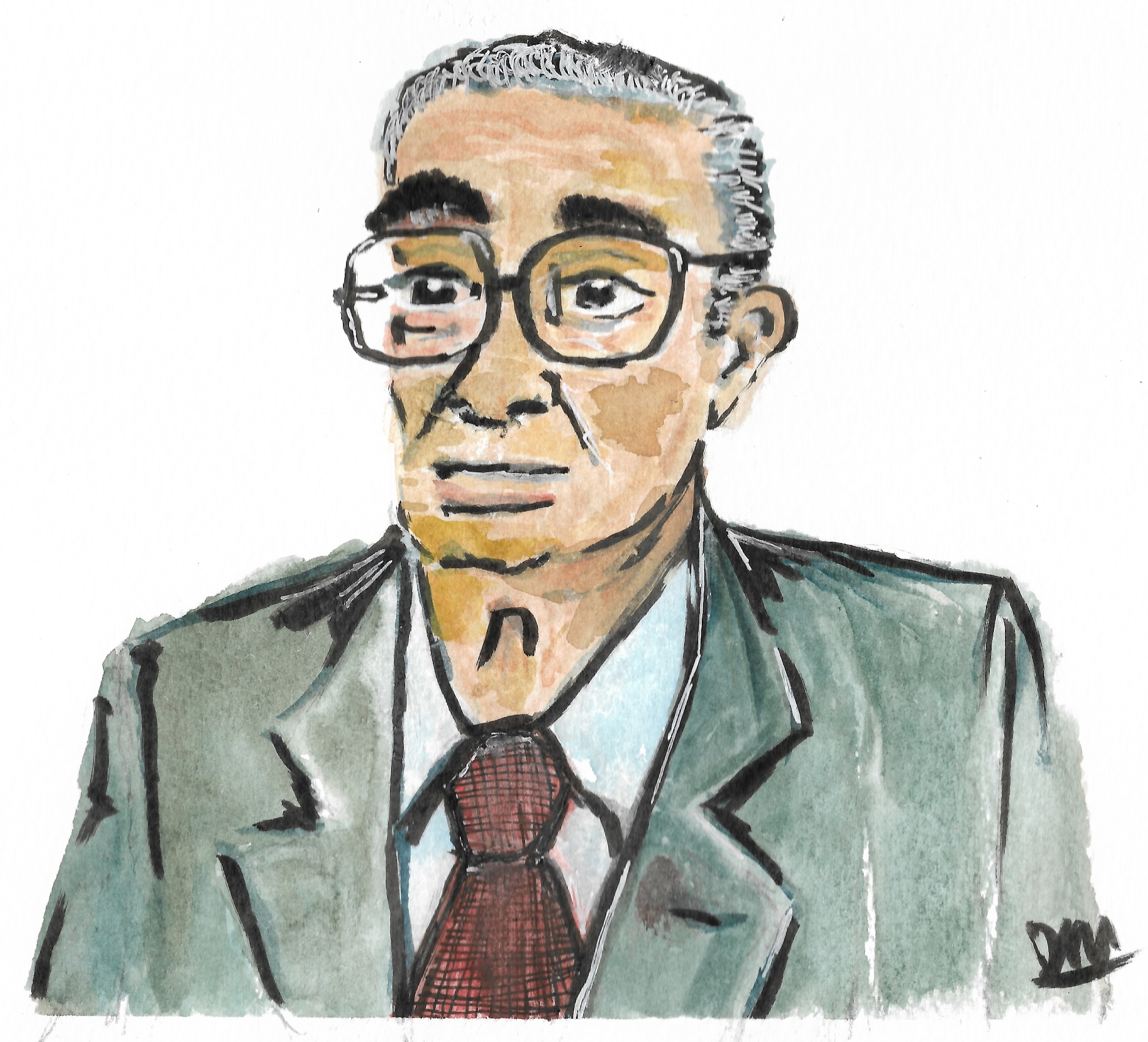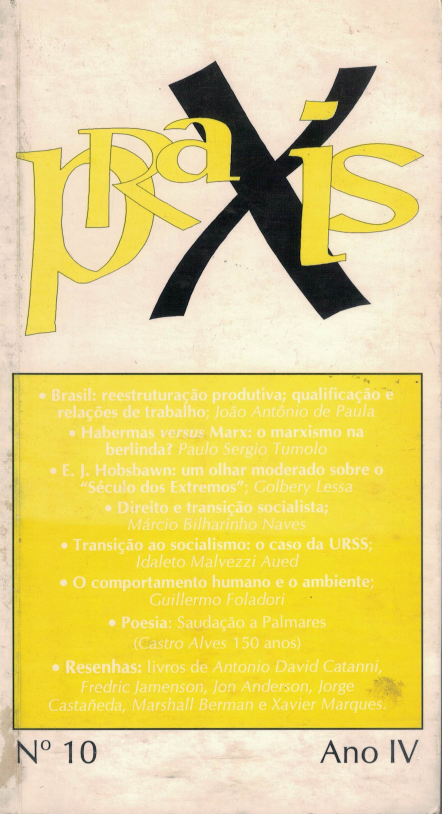Lost and found the tupinambá of yesterday and today
Keywords:
Tupinambá, Florestan Fernandes, Land reclamationAbstract
This study consists of two parts. In the first, there is a Reading of the research carried out by the Young Florestan Fernandes on the Tupinambá people, their social organization and the function of war. The exhaustive work of the master of sociology sought in the records of the chroniclers for elements that would allow him to reconstruct the life of the lost Tupinambá. The collection of documents, crossing of information present in them and a great effort of sociological imagination resulted in a very rich landscape that went beyond the perplexed look filter with the radically different from European travelers. They viewed the practice of peoples as a more or less demonic anomaly. And, certainly, the notes of these early Europeans served as a basis for conforming a discourse on the savage that’s been settled in common sense and was part of the justification for invasion and colonization. In the second part, there is an analysis of the struggle and self-reflection of the Tupinambá de Olivença, in the South of Bahia state, who remained in part of the ancestral territory and have been land reclamations. Chief Babau presents a world perspective, a speech on the Brazilian history and a critical observation of the current capitalist world. The Tupinambá findings indicate possibilities for a social organization that would be at the root of the struggles of the Brazilian people.

Downloads
Published
How to Cite
Issue
Section
License
Authors who publish in Revista Mouro agree to the following terms:
The. Authors retain copyright and grant Revista Mouro the right to publish.
B. Authors are authorized to assume additional contracts separately, for non-exclusive distribution of the version of the work published in this publication (eg, to publish in an institutional repository or as a book chapter), with acknowledgment of authorship and publication in Revista Mouro.
ç. Authors are allowed and encouraged to publish and distribute their work online (e.g. in institutional repositories or on their personal page) at any point before or during the editorial process, as this can generate productive changes as well as increase impact and the citation of the published work.





